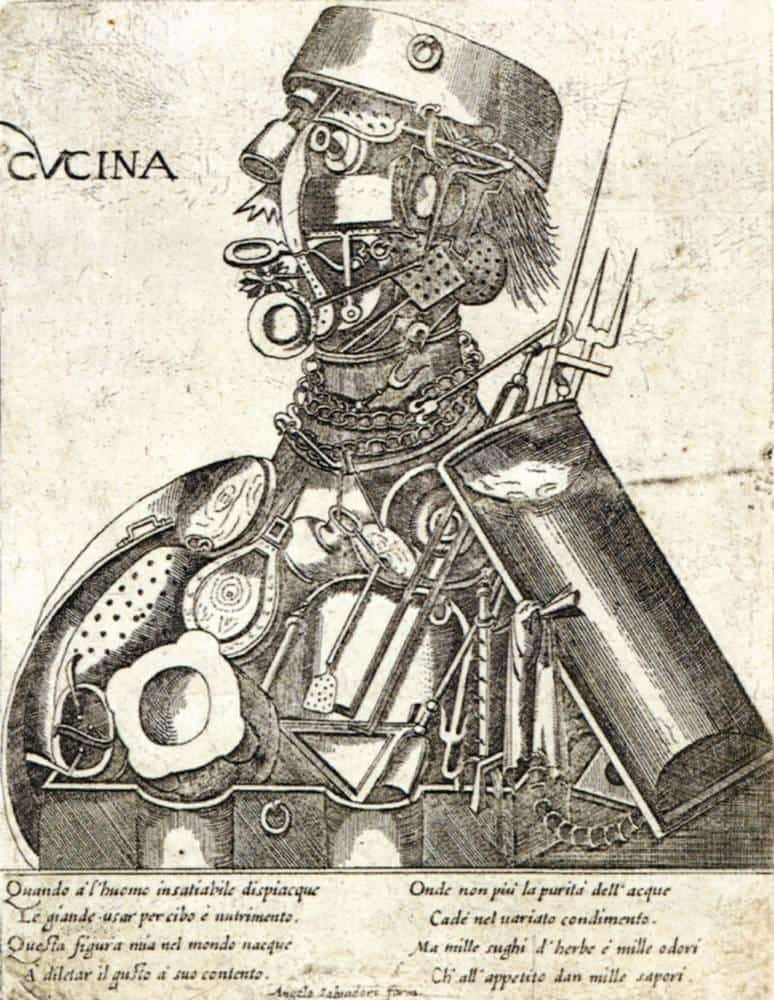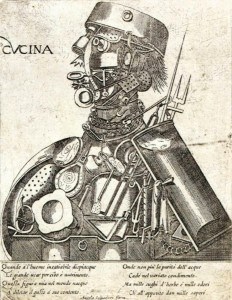Four years ago, the Defense Advanced Research Projects Agency (DARPA) piloted a program aimed at giving American soldiers in the field more accurate warning against incoming dangers. The lovable geeks over at Ars Technica recently reported that the project has resulted in a system that identifies 91%-100% of threats in a given watched area with very few false positives – a good thing, because not every goat in Afghanistan is a terrorist.
While this achievement is of obvious importance to the military, the means used to accomplish the feat are more broadly applicable. They’re also really clever. The system uses cameras, image processing software, and a cap that measures the brain waves of a human lookout. It shows images of potential threats to the lookout and monitors his brain activity to determine whether that image represents a real danger, regardless of whether the person himself registers it as one.
In other words, the human person is used as a filter, a processor in a digital system whose input and output are governed entirely by a machine.
Does this remind anyone else of The Matrix? There, people were used as batteries rather than processors, but the idea is the same – human beings are used for their mere biological efficiencies to ensure the proper functioning of a computer program. This idea should be accompanied by a certain degree of unease, or at least potentially. Remember Marx? (Karl, not Groucho, that is.) He had a conception of the alienated human who was merely an appendage to the machine. Then there’s H.R. Giger’s more explicitly Lovecraftian art. (Warning: if you’re not already familiar with Giger, don’t look up his work unless you’re mentally prepared to be disturbed. It inspired the Xenomorph for Alien.)
While it seems the detection system is being used for the good at present, this may be a dangerous path to start down. Why? As our friend Immanuel Kant said in his famous commandment, Thou Shalt: “Act in such a way that you treat humanity, whether in your own person or in the person of any other, never merely as a means to an end, but always at the same time as an end.”
Allow me to paraphrase: “Humans are never merely machines.” The Matrix might be guilty of a little reductio ad machinam, but there is a real moral danger here. It’s only a small step from treating people like machines to thinking of them that way. And that’s a world of which I’d want no part.



